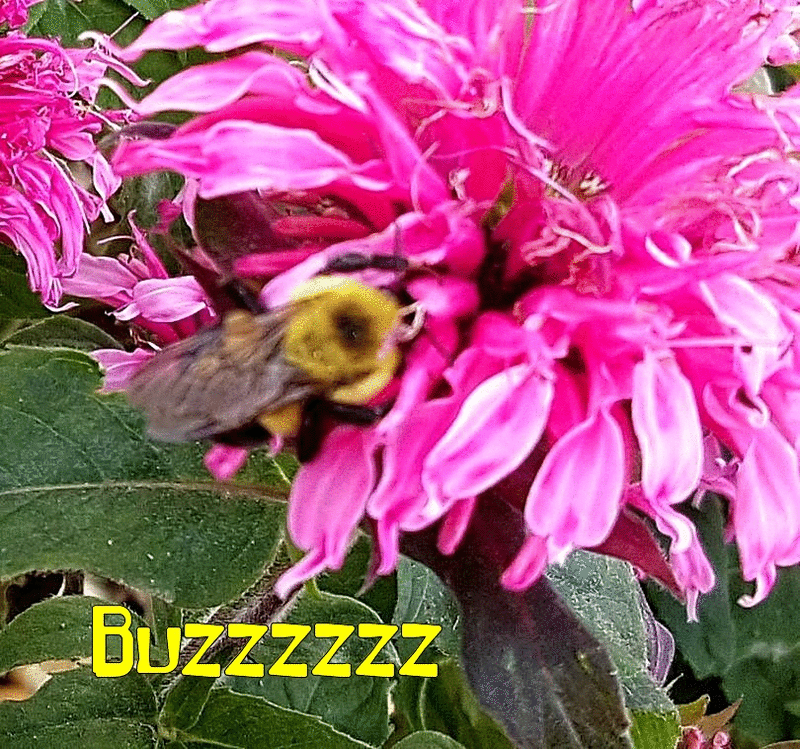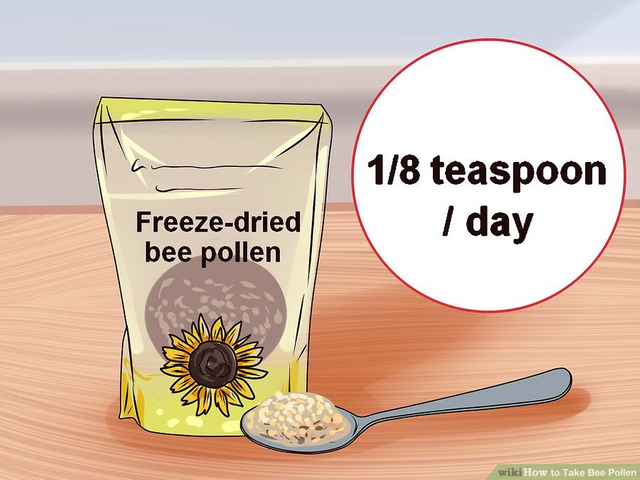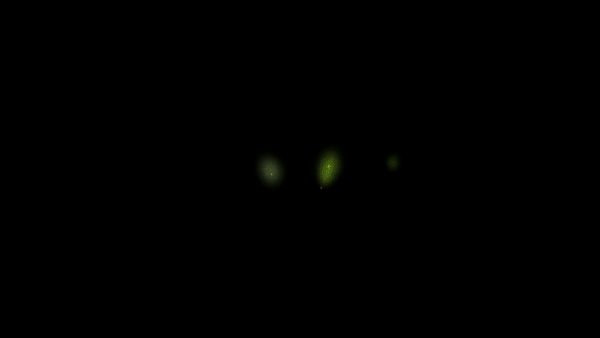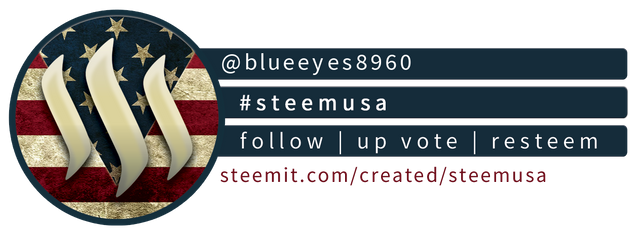The Buzz About Bee Pollen

We all know that bees are known for producing honey. They live in domesticated hives producing their wonderful nectar for hive owners all over the world. And, of course, there are millions of wild bees that carry on their jobs on their own. The honey is a great product and useful for medicinal reasons as well as a delicious and healthy substitute for a sweetening agent.
Besides making honey, a bee's most important job is being a pollinator. They do us the service of pollinating around ninety crops, not to mention all the beautiful flowers. Fruit, nuts, berries, even avocados - if you enjoy these, thank the bees.
A product from the bees that is not as well known is bee pollen. They create this bee pollen from their regular pollinating activities. It ends up being a mixture of all the things they come into daily contact with - nectar, flower pollen, honey - and their own secretions and enzymes.
So what's so great about bee pollen? It doesn't sound like something I'd want to eat, like honey. But in fact, bee pollen has a plethora of protein - more than any other animal source by the ounce. And it's packed full of vitamins and fatty acid. The make up of bee pollen is forty percent carbohydrates and thirty-five percent protein, with the remaining being water, fat, vitamins, minerals, and essential amino acids. Sounds like the perfect food source!
There are several health benefits to bee pollen. Fighting allergies is a popular use because it helps to build resistance to allergens caused by pollen. The Journal of Medicinal Food published this study if you have allergies and would like to read more about their findings.
Another helpful characteristic of bee pollen is its high concentration of antioxidants. These antioxidants have desirable benefits in fighting the stress caused by some pretty common diseases such as cancer and diabetes.
If you have high cholesterol there is research that shows bee pollen can help you lower your LDL cholesterol - which is the "bad" one. Many of the cholesterol-reducing drugs on the market today have unwanted side effects. It behooves us to find natural remedies. Plus, I don't know about you, but I'd rather support a business selling natural products that keep putting my money in Big Pharma's pockets.
Have you ever had to take steroids for anti-inflammatory issues? I have and I do not like them. Again they can have almost as many side effects as benefits, especially if you are a diabetic. But bee pollen also has anti-inflammatory properties and their effects have led to it being branded as an alternative non-steroidal anti-inflammatory choice.
And for a final added bonus bee pollen has demonstrated an ability to decrease bone loss in those suffering from osteoporosis.
Bee pollen is often sold as natural granules and the best choice is bee pollen products that are freeze-dried. Processing and heat drying removes a lot of the nutrients and enzymes that you are buying the product for in the first place. You can buy bee pollen products from many stores and online shops. Your best bet is to buy bee pollen from the country you reside in if you are looking for help with your allergies.
In this wiki article, there is some good information about possible risks, what to buy, and how much to take if you decide to check further into giving this a try.



If you enjoy writing short fiction stories (less than 1,000 words) I'd love to have you join me on Narrative. Don't abandon STEEM - add Narrative and cross post your Steem content for more exposure. Here's a link directly to my page featuring Flash Fiction:
Get in on the ground floor and see what it's all about. If you have any questions, feel free to ask me in the comments.




[credit@EdibleCthulhu]





We use bee pollen EVERY DAY in our morning super-smoothie! It's one of the most complete foods available. We put a whole TABLESPOON in our smoothie and are relaxed knowing our bodies have everything they need to start the day in optimal nutrition mode. Taste great too! If I'm feeling low, I eat it straight out of the jar.
Leading the curation trail for both @ecotrain & @eco-alex.
Together We’re Making This World A Better Place.
Click Here To Join the manually curated trail "@artemislives" to support quality eco-green content.
@ecoTrain
@artemislives - that's fantastic! Do you use the freeze-dried variety in granules? I couldn't believe all the good stuff it can do for you.
I buy granules fresh from the bee farm 10 mins from my house here in Northern Thailand. :) WE are blessed to have a thriving bee culture in the north. The granules are dried, yes. I'm off there later this morning to collect beeswax for my business, and yes, a kilo of bee pollen IS on the shopping list.
I've never tried bee pollen, but I've heard it's fabulous. I got myself some raw honey last night to treat the beginning of a sore throat, mixing it with an ACV that had sage soaking in it for a few weeks. No sore throat today!!
@riverflows - that's great, I've never heard of soaking sage in ACV, I'll have to try that. Does it have other uses than for sore throat?
It's nice to hear more about bee pollen. I've been putting it in teas lately because it intuitively felt right when I saw it in the shop. It felt like something that gives strength to the body.
But it makes a lot of sense that you write it helps the body work with inflammations and I guess the immune system in general, so thanks for the info.
You have good instincts!
@blueeyes8960,
Interesting and well written. Bee venom also has some fascinating properties.
In ancient Egypt, honey's antibacterial properties was a military secret. Applying it to wounds meant many Egyptian soldiers who would otherwise have died from infections, didn't. This was a huge advantage they had over their adversaries.
Quill
Thanks,Quill, for that interesting add on to my post. I'll have to look into bee venom, I don't know much about it. Good for the Egyptians for using this natural agent for fighting infections.